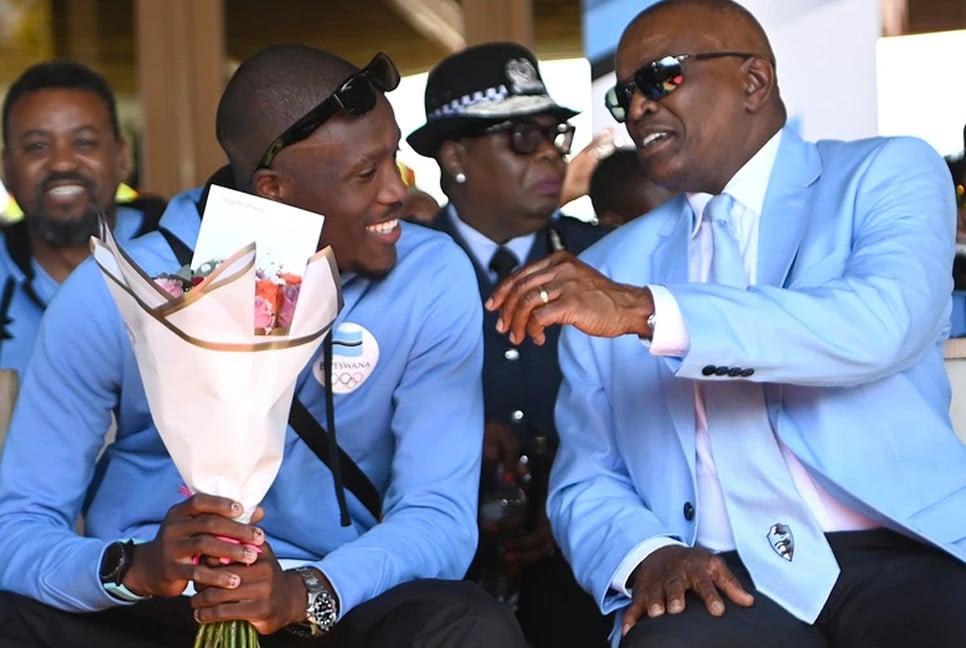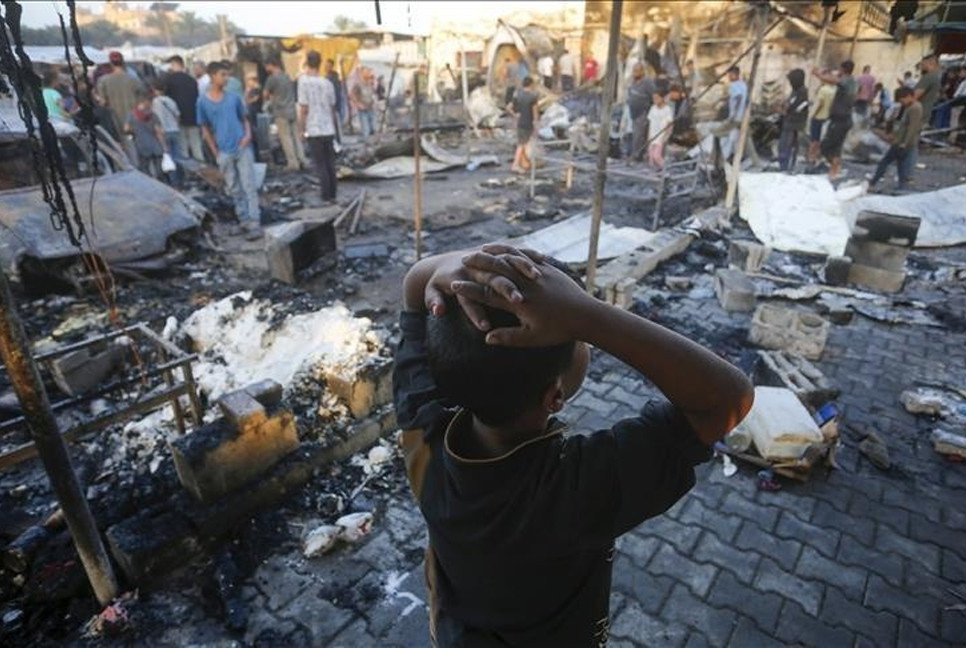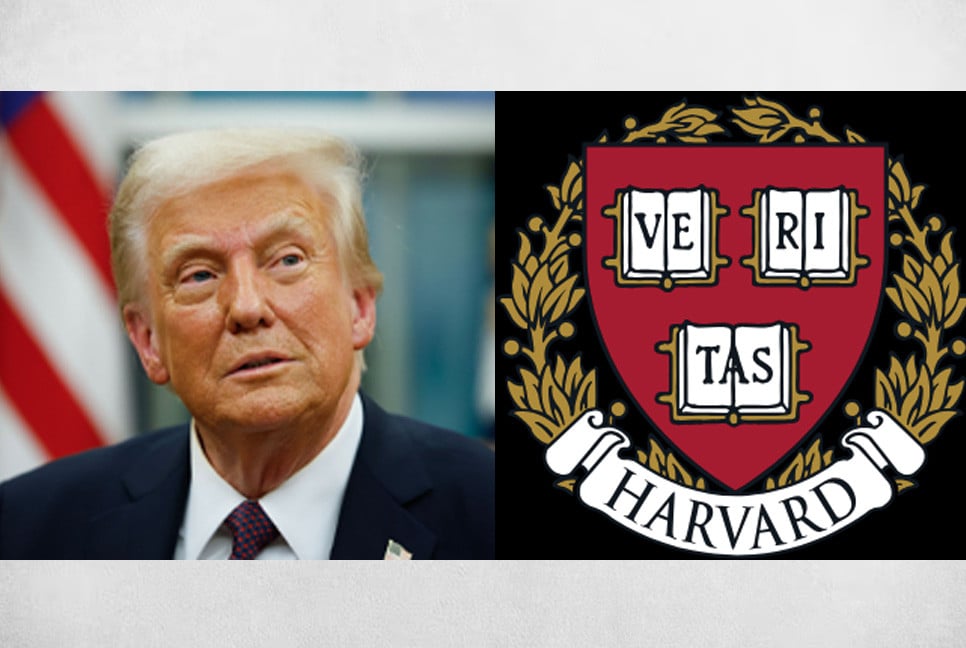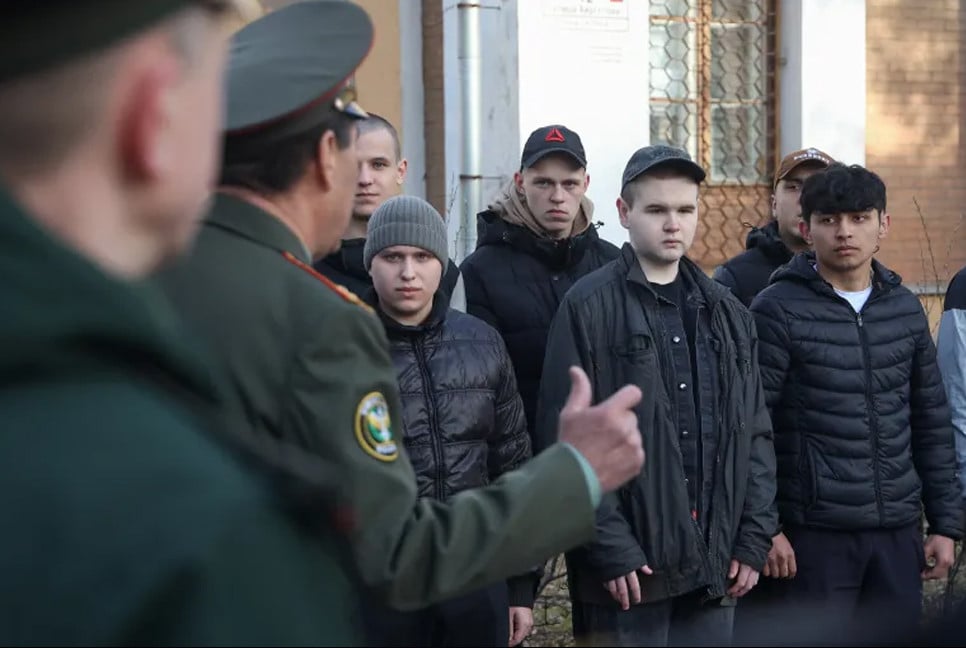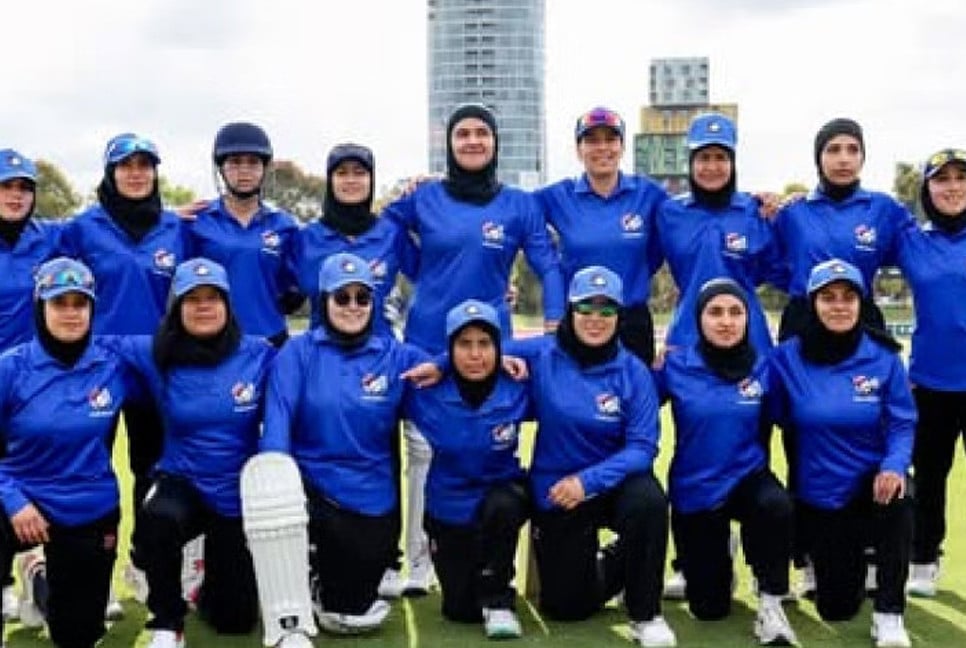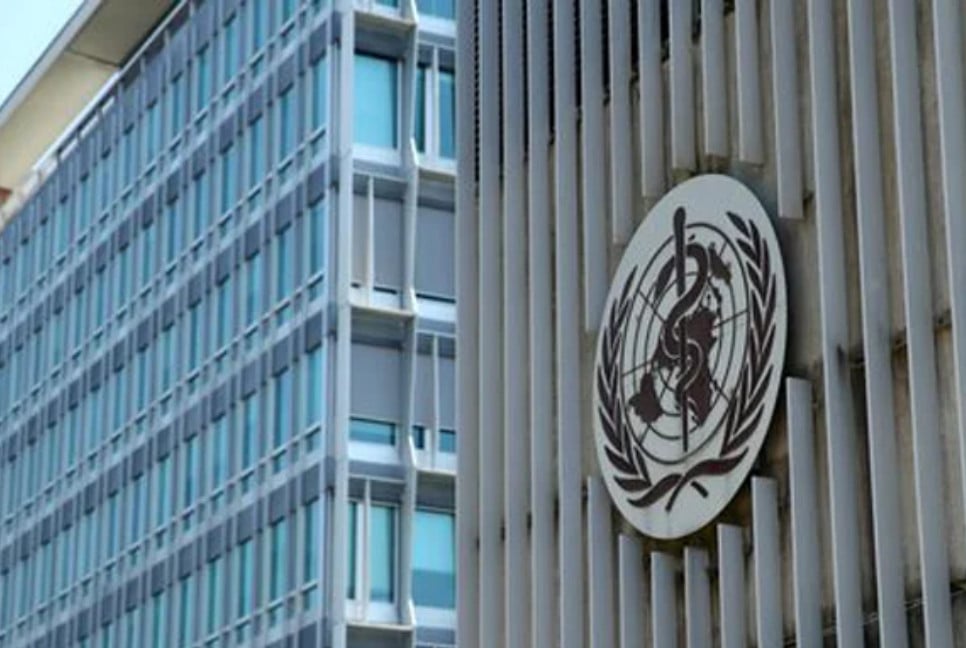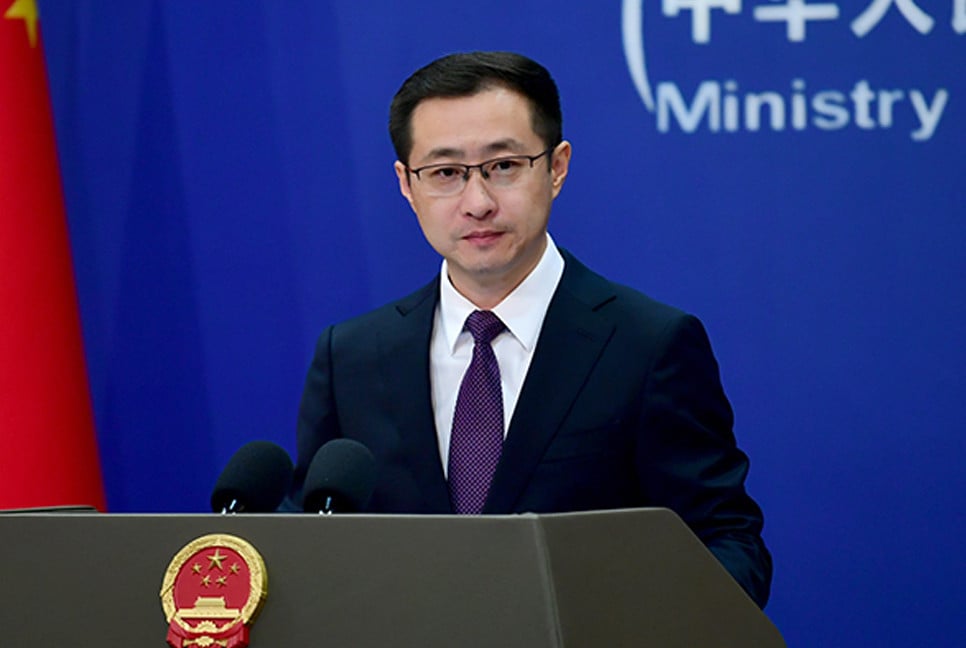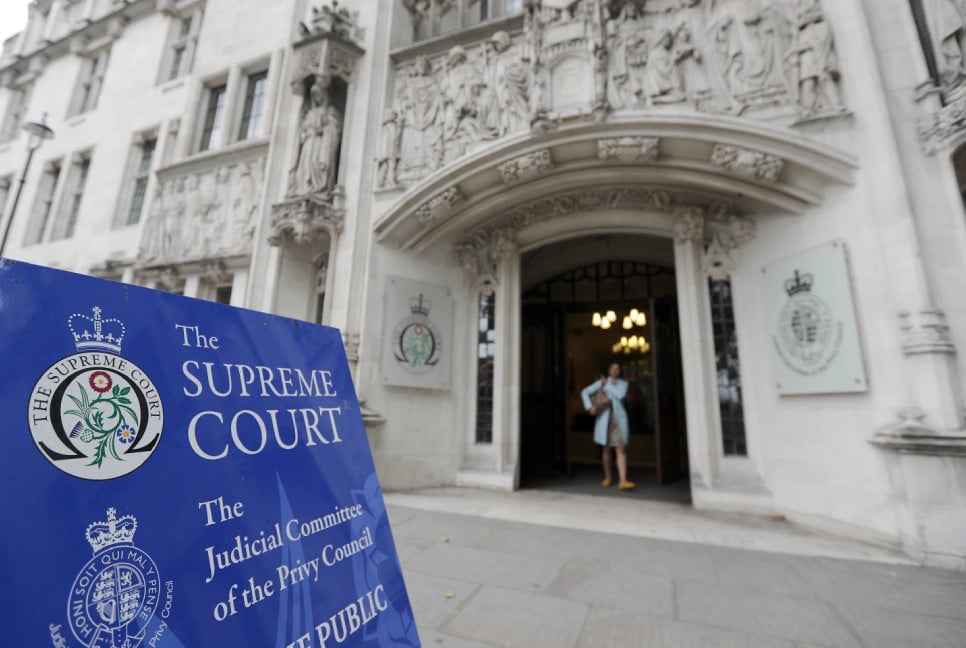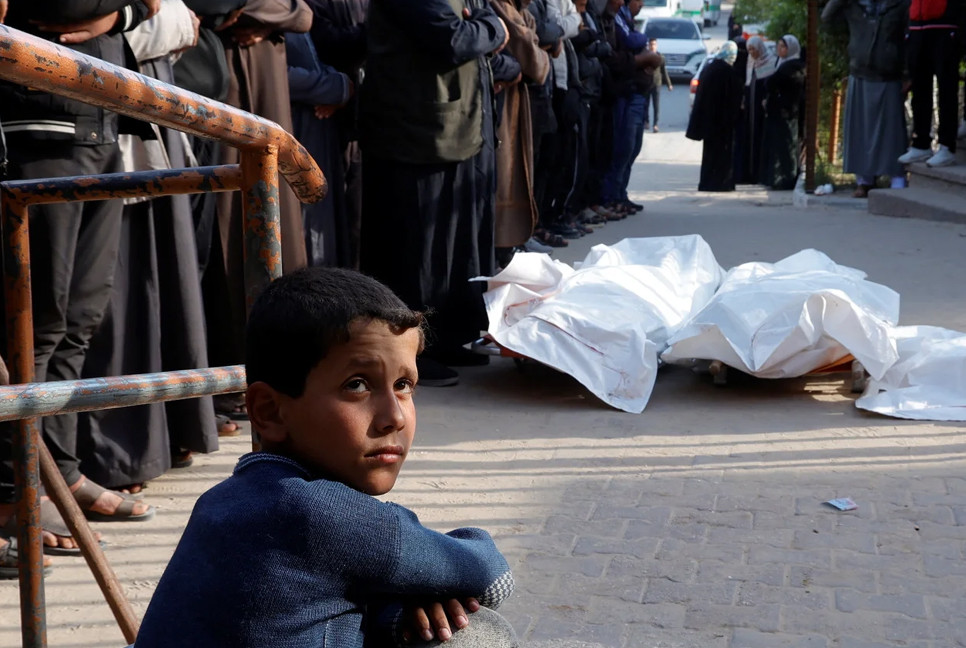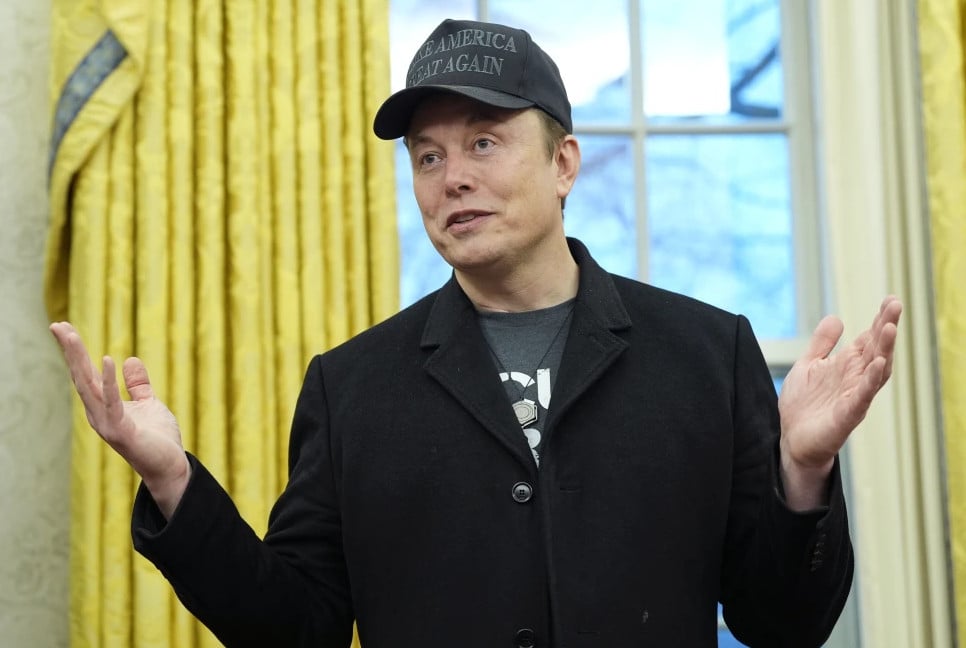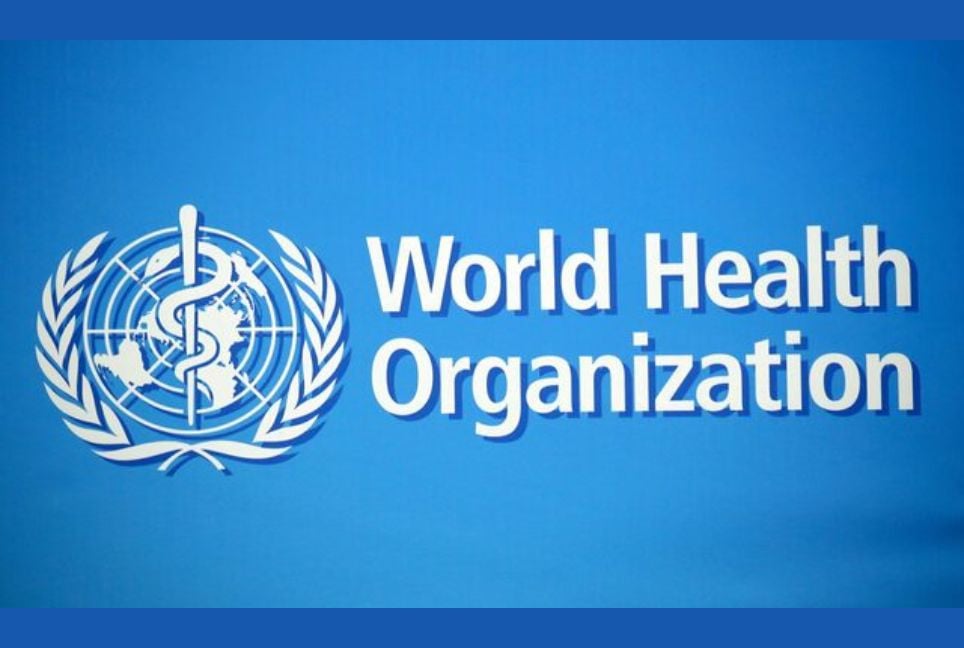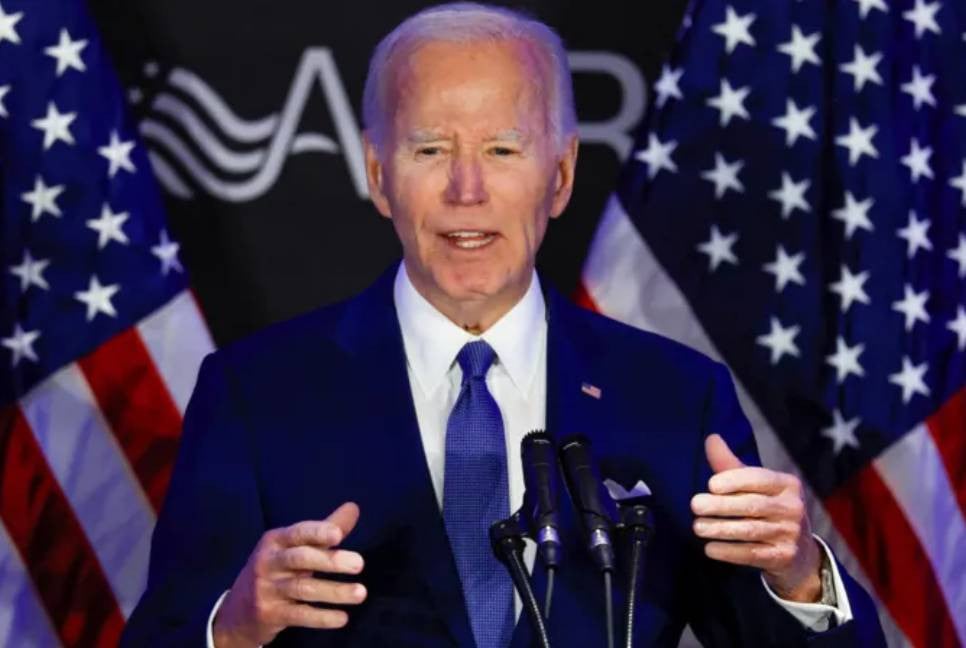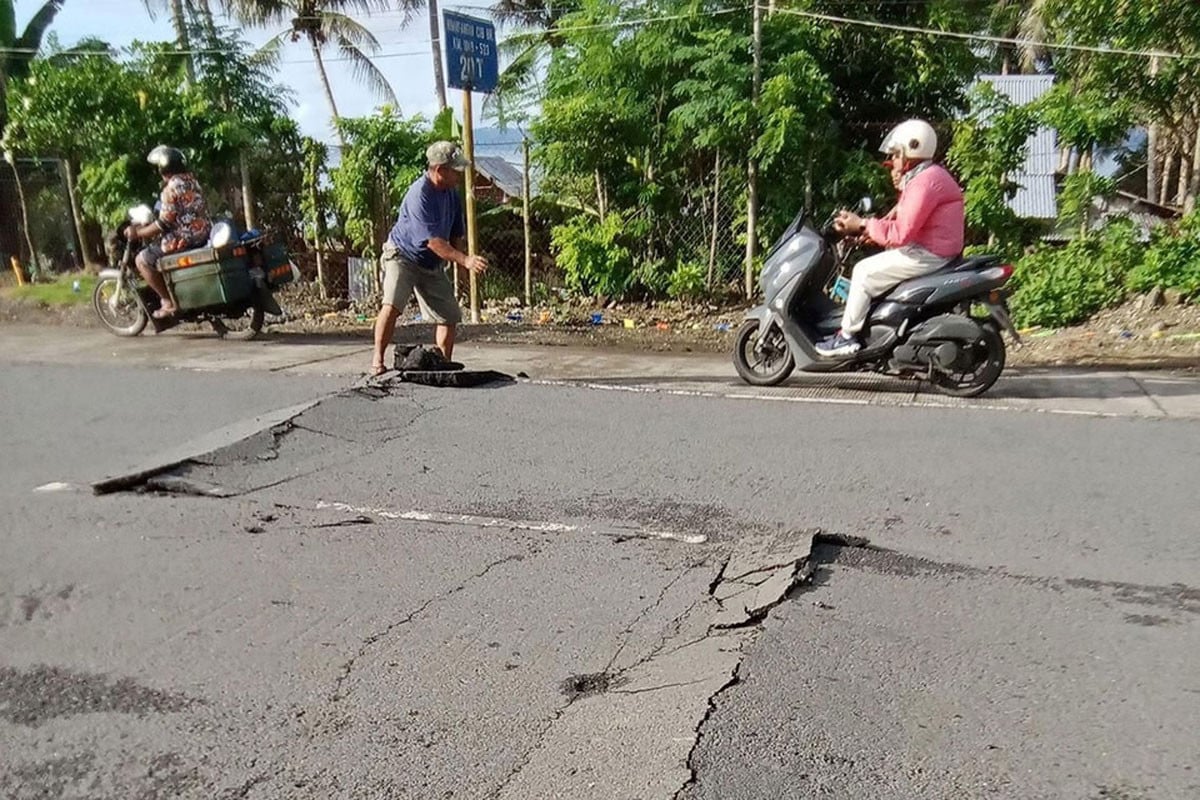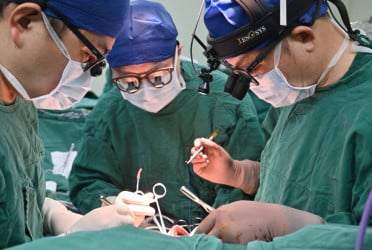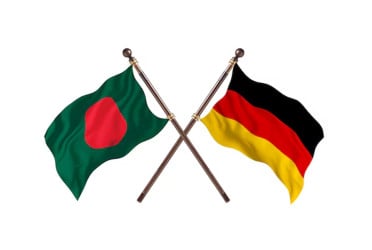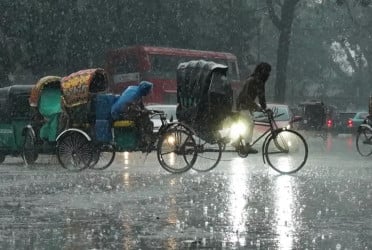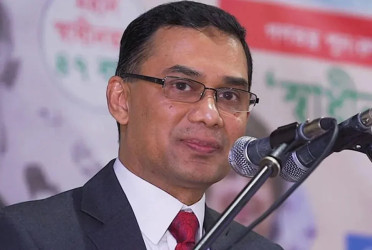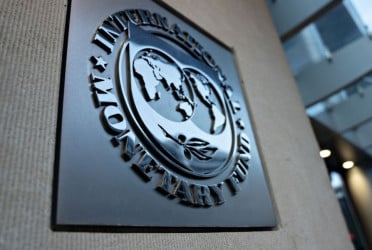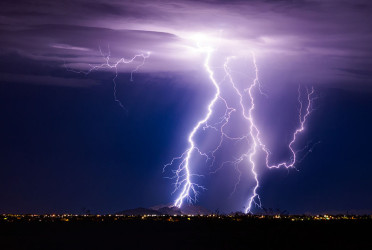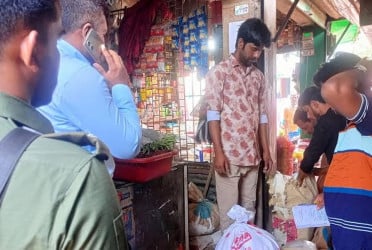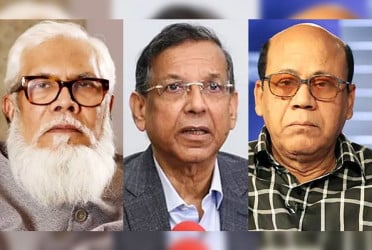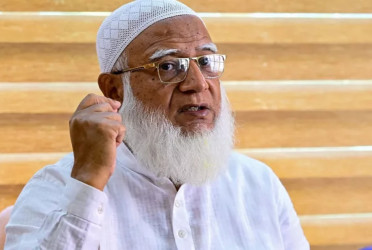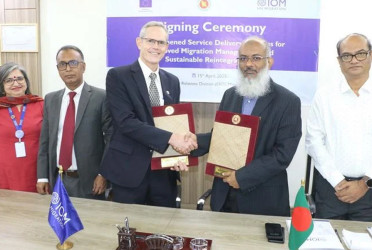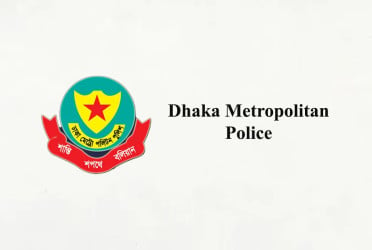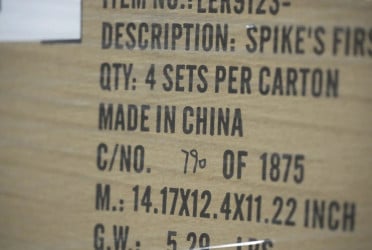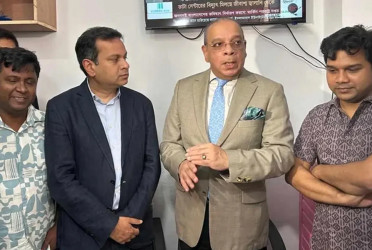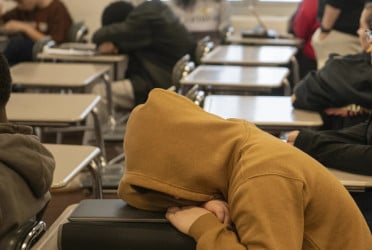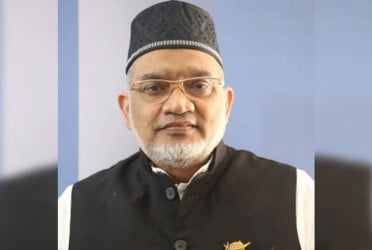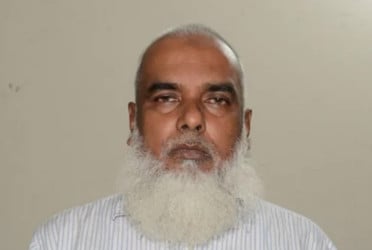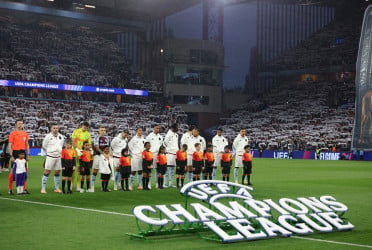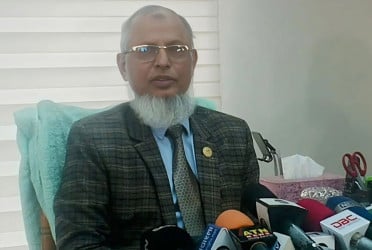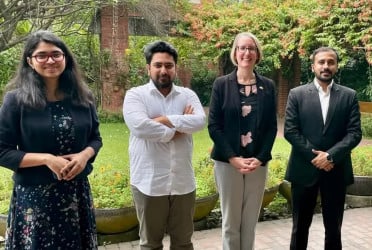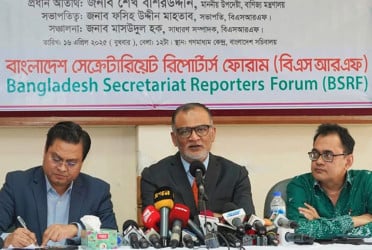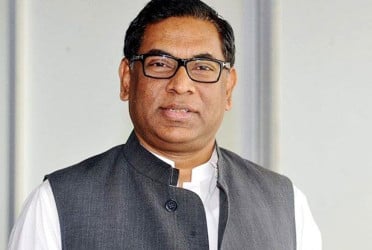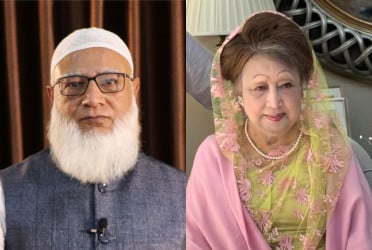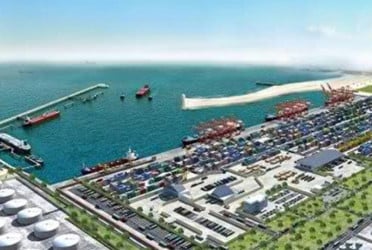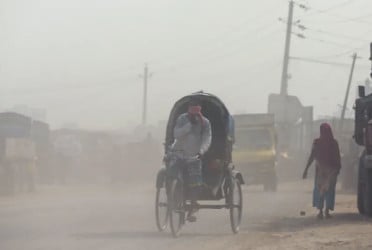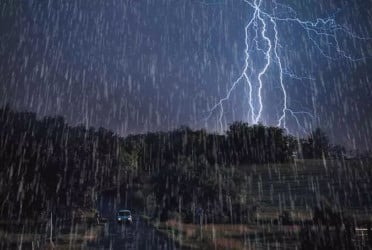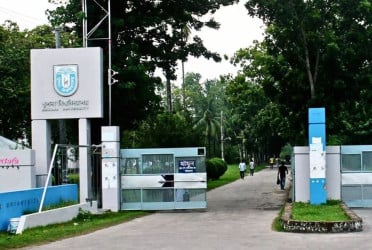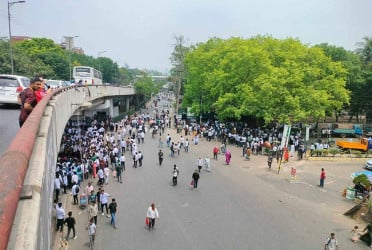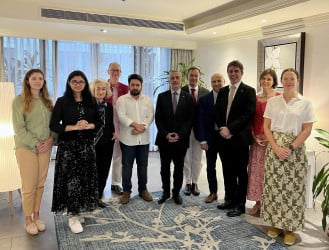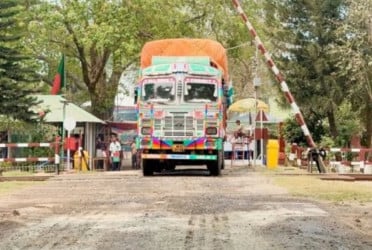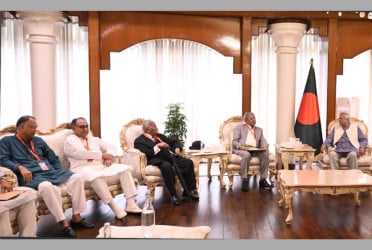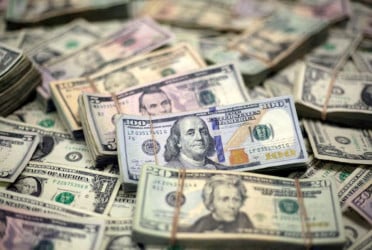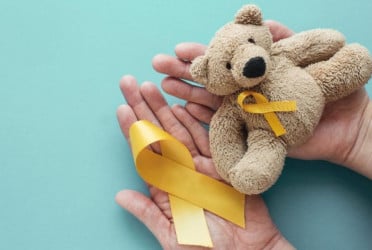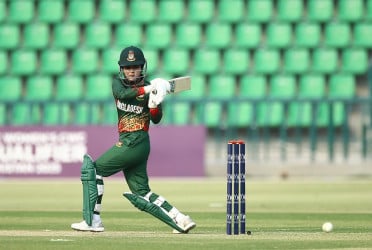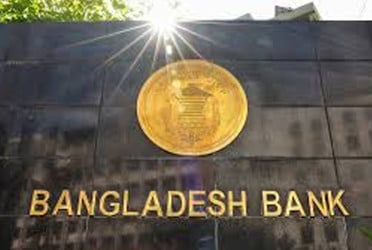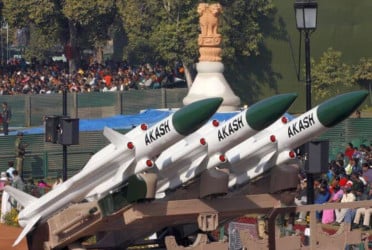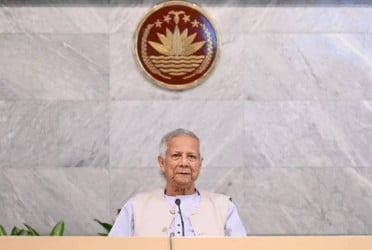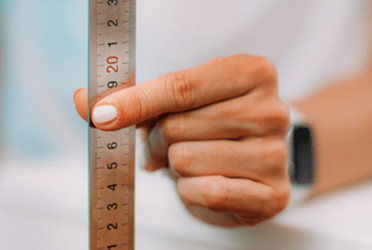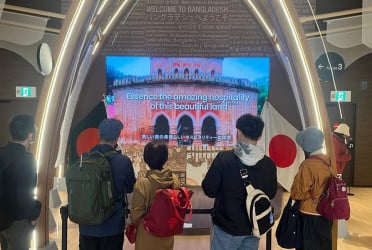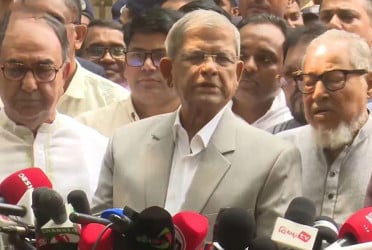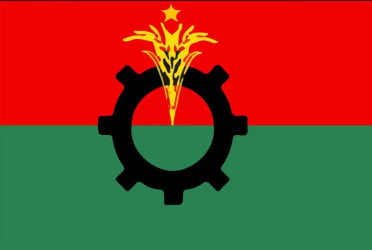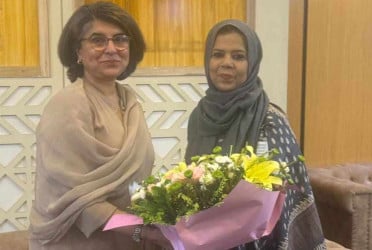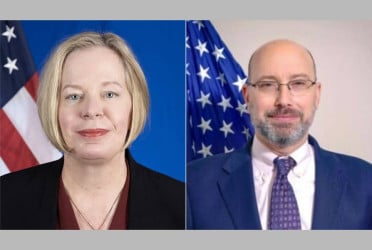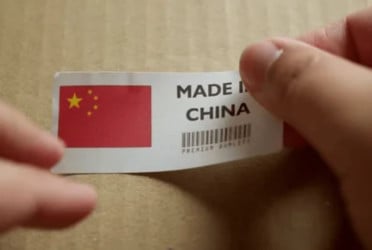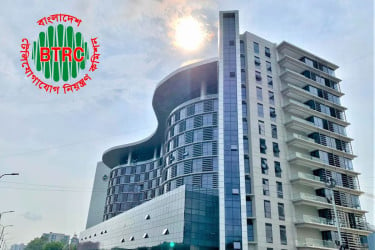Botswana votes in a national election this week that will decide if the ruling party extends a 58-year stretch in power in a southern African country that is a leading diamond producer and often held up as one of the most stable and least corrupt democracies on the continent.
President Mokgweetsi Masisi of the ruling Botswana Democratic Party, or BDP, is seeking a second and final term in office, although Wednesday's election isn't directly for president. Voters will decide the makeup of Parliament and lawmakers will later elect the president.
While the BDP has dominated Botswanan politics since independence from Britain in 1966, this election comes amid new economic uncertainty for a nation that relies heavily on diamond mining. Botswana is the second biggest producer of diamonds behind Russia and has been responsible for all the biggest rough gems found in the past decade, but it has experienced decreased revenue for its diamonds because of a downturn in demand.
Sales of rough diamonds at Debswana, the company the Botswana government jointly owns with the De Beers Group and a critical source of state revenue, were down nearly 50% in the first half of 2024, according to authorities. That has put a dent in the public purse and raised criticism of Masisi and the BDP for not taking steps to diversify the economy.
Unemployment has risen and stands at more than 27%, with youth unemployment above 45%. Government employees have been receiving their salaries late as a result of the tight financial position, taking the shine off of Botswana's reputation for efficient government and raising fears that austerity measures may be required.
“It is the first time in more than four decades that the state coffers are negative," said opposition politician the Rev. Prince Dibeela. “There are also more than 200,000 young people who are employable but cannot find work. We are a very fragmented society.”
The ruling BDP has promised to focus on diversifying Botswana's small economy, which has a GDP of $21 billion. Diamond mining and sales account for 80% of Botswana’s exports, a third of fiscal revenue and a quarter of the GDP, according to the International Monetary Fund, which has also said there's an urgent need for diversification.
“The Botswana Democratic Party stands ready to serve the people of Botswana with promises that resonate deeply with their aspirations," said Lebogang Kwape, the Deputy Secretary-General of the BDP and the current foreign minister. “We have listened intently to the voices of all Batswana (people of Botswana) and crafted a manifesto that directly responds to their needs with realism and sincerity.”
He said the BDP would put emphasis on processing mineral resources for new revenue streams, while also building the agriculture and tourism sectors.
Just over a million people have registered to vote, according to the Independent Electoral Commission that runs elections, with the increasing unemployment rate a key issue for voters. Botswana is larger than France but has a population of just 2.5 million, with the Kalahari Desert covering large portions of the landlocked country that borders South Africa. Drought and desertification threaten Botswana's development and the livelihoods of many of its people.
Source: AP
Bd-pratidin English/Lutful Hoque

